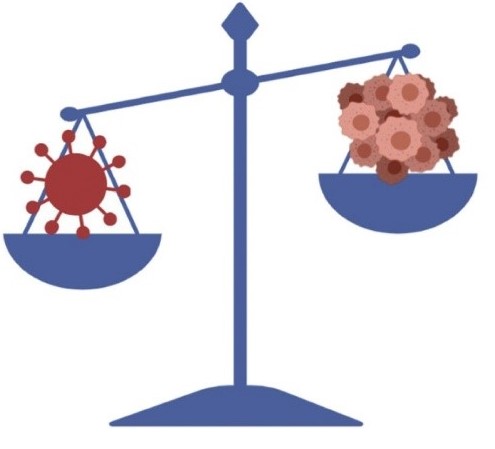Importance of Continued Cancer Screening during a Global Pandemic
There is no denying cancer screening transformed cancer care, as it aims to detect cancer before the appearance of symptoms. Timely screening has proven to be an effective tool in early diagnosis and decreasing cancer mortality rates. With early screening and engagement, health professionals are able to connect with patients sooner and tailor treatment plans to individual screening results and tumor characteristics, ultimately enhancing patient outcomes.
This initial step in cancer care has been dramatically altered due to the global pandemic. The Centers for Medicare & Medicaid Services in the United States have classified screening as a low-priority service and suggest healthcare organizations to consider postponing screenings. Many patients are also fearful of exposure to the COVID-19 virus or of overburdening healthcare services and thus have been less likely to present to healthcare services for cancer screening and diagnosis. As a result, the number of tests to screen for cervical, breast and colon cancer fell by 85% or more after the first COVID-19 cases was diagnosed in the U.S..
